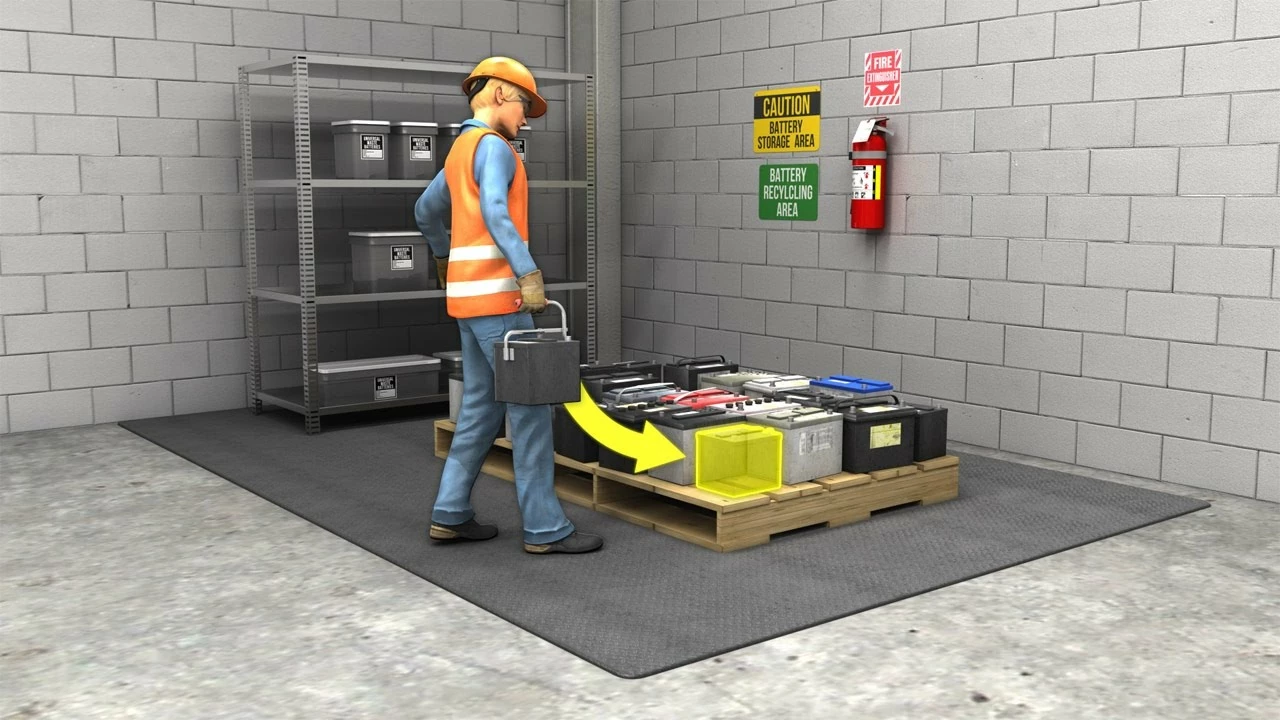Handling Medications Safely: Storage, Transport, and Online Purchases
Handling medicines the right way keeps them effective and keeps you safe. A few simple habits at home and when ordering online cut risks like reduced potency, side effects from degraded drugs, or accidental overdoses. Read these practical tips and checklists you can use today.
At-home storage and everyday handling
Keep meds in their original containers whenever possible. Labels give dose, expiry and lot numbers you may need later. Store pills in a cool, dry place away from sunlight — bathrooms and kitchen counters are often too humid. For temperature-sensitive items (certain insulin or biologics), use the fridge section recommended on the label and don’t freeze them.
Child-resistant caps aren’t child-proof. Put all medicine out of reach and sight of kids and pets. Use a small lock box if you have curious children or visitors. Don’t combine different pills in one bottle — it increases the chance of confusion and errors.
Check expiry dates regularly and discard expired meds. For disposal, many pharmacies accept returns, and community take-back events are ideal. If none are available, follow local guidance: often mixing pills with coffee grounds in a sealed bag before trashing helps, and never flush unless label says it’s okay.
Transport, shipping and buying online
When you travel, carry meds in original packaging and pack a copy of prescriptions or a doctor note. Keep critical meds in your carry-on so they aren’t lost with checked bags. For mail orders, pick pharmacies that require prescriptions for prescription drugs — that’s a sign they follow basic safety rules.
Check the pharmacy’s credentials: visible address, phone number, and clear prescription policy. Look for secure checkout (https) and reasonable prices — if a price is wildly low, be cautious. Read recent reviews and watch for repeated complaints about bad packaging or delayed shipments.
Temperature-sensitive shipments need cold-chain handling. Ask the seller how they ship those products and whether they use insulated packaging and cold packs. Track the shipment and inspect packages on arrival. If the seal is broken, the packaging is damaged, or the product looks different, don’t use it and contact the seller immediately.
Know import rules if you’re ordering from another country. Some places allow limited personal imports with paperwork; others don’t. If you live in the US, the FDA has a personal-use policy that matters for certain imports — check it before ordering abroad.
Finally, if you’re considering alternatives to a prescribed drug or switching brands, talk to your clinician or pharmacist first. Many reliable alternatives exist, but dosing, interactions, and monitoring can change. Handle changes carefully: double-check labels, keep a simple medicine list, and update it after any change.
Follow these steps and you’ll reduce most common handling mistakes. Safe storage, sensible transport, and cautious online buying keep medicines working as intended and protect you from avoidable harm.





